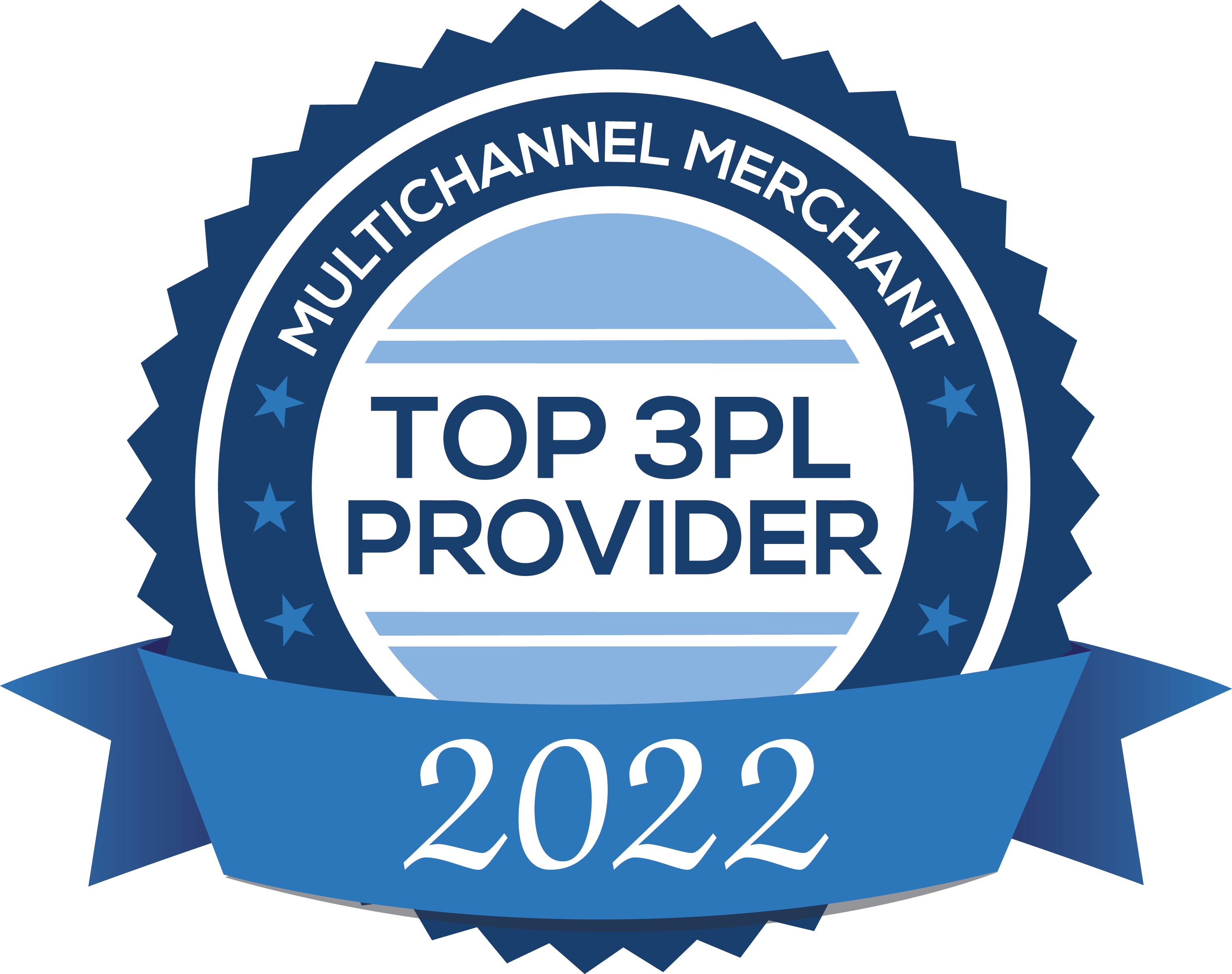
The last several years have seen a massive transformation in the ways people pay for products and services on a daily basis. Online transactions and digital payment options have opened up new possibilities for conveniently sending and receiving money, but they can also bring challenges for businesses. Understanding some of the most pressing issues that are involved in managing ecommerce payments is the first step toward implementing a proactive and effective strategy.
Here are the biggest payment processing challenges that ecommerce decision makers must address today:
1. Customer expectations continue to rise
"Companies need to consider the public's changing expectations."
For any organization involved in ecommerce, attracting and retaining customers are top priorities. When companies are developing an approach to managing payments, they need to consider the public's changing expectations or risk losing out on sales. That means offering an array of options that make it simple to use a credit card or online payments system and speedily fulfilling each order.
A powerful order management system with integrated payment processing capabilities helps to accomplish these goals. Customers can easily move through the process of placing an order, avoiding a complex series of steps that might otherwise result in abandoned shopping carts. A single solution streamlines the processes of getting shipments packed and out the door and updating inventory records.
2. Payment data is under threat
Businesses of all kinds are concerned about their vulnerability to fraud and data breaches. Many high-profile cases have illustrated the consequences involved for a company's profits and reputation when unauthorized individuals gain access to their systems. When an ecommerce organization routinely accepts credit card payments from around the world, it's especially important to have strict security measures in place.
Working with a PCI DSS-compliant payment processing partner eliminates many of the worries and hassles involved in handling these transactions. A Level 1 service provider meets all regulatory mandates and protects private information. Customer payment data never reaches an ecommerce organization's own servers, meaning there's no need to be concerned about fraudsters gaining access.
3. Growing businesses must scale up operations
A thriving company is constantly bringing in more customers and sending out an increasing number of orders. While that growth is great news for the future of a business, it can also put a strain on payment processing and order management systems.It's crucial to have a solution that's flexible enough to handle the added volume. A robust OMS designed to connect each stage of taking orders, accepting payments, shipping products and managing inventory with information stored in a unified relational database soothes those growing pains and empowers an organization to continue expanding into new markets.
Whether ecommerce consumers are buying a new laptop or setting up recurring charges for a subscription to a meal kit service, they have to be confident that their orders will be fulfilled promptly and their personal information will be kept secure. SFG provides businesses with the whole range of payment processing solutions they need to process payments quickly and safely, fueling ongoing growth.









